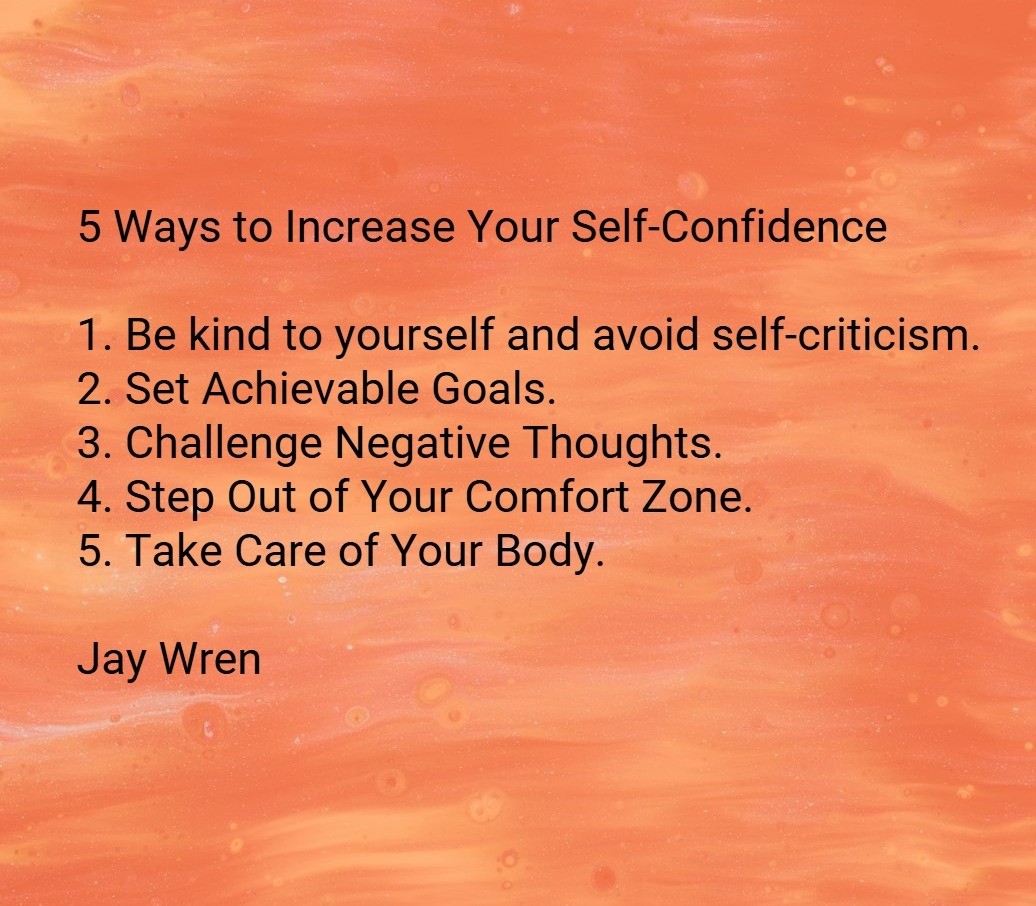Emotional Intelligence: Learning how to manage emotions is part of growing up. However, becoming aware that our feelings are making us dumber is not always easy. How do successful people deal with emotions to make better decisions?
Developing Emotional Intelligence
Although it is normal to have emotional highs and lows, successful people separate their emotions from their thinking to make the best decisions.
For example, things look easier and more appealing when we are on an emotional high. With these feelings, we may overcommit our time and money.
On the other hand, things look more difficult and unpleasant when we are feeling down. Emotional lows can prevent us from working well with others. Furthermore, when emotional lows shut us down, we can fail to take advantage of opportunities all around us. Our coping skills become less effective. Our relationships with others become more difficult.
Here are twelve steps that may help.
Live in the present moment
Get out of our head. Focus on what is in front of us and around us. This focus enables us to make good decisions and take the best actions. Leaders live in the world around them and not in the crumbling castles in their head.
Let go of Resentments
Ruminating on past wrongs drains our energy. Furthermore, holding on to resentments create a permanent state of anger.
This anger clutters our mind. Decisions become more difficult. Patience and compassion disappear. We either act out our anger or become passive aggressive.
Let go of guilt
Carrying around guilt lowers our self-esteem confidence. There are only two things you can say about guilt. Either you were wrong and you will try not to do it again. Or you were not wrong. Therefore, you are not going to worry about it.
Let go of fear
Fearing the future creates clutter in our mind and weakens our imagination. Many of the things we fear never happen.
Solutions: When we are feel resentful, guilty or afraid I take a deep breath. I step away and take a break. Often either exercise or rest help me move beyond these feelings.
Make new mistakes
Everyone makes mistakes. Smart people only make a mistake once.
Mistake made.
Lesson learned.
Moved on.
Furthermore, if you never make any mistakes, you have settled in to trod the path paved for you. You are doing nothing new. Creativity dies. Growth stops. Your career has high walls on either side. When you reach a cliff in your career, you can’t go further.
Allow yourself opportunities to try to new things. Furthermore, do not punish yourself for being less than perfect.
Focus on the process not the goal
Create the goal. Create a plan to reach your goal. Continually update the plan.
However, the way that things turn out is beyond our control.
For example, a retail goal is to make sales. A store can plan to increases its sales when it increases the number of shoppers in the store and the amount of time each shopper spends in the store. Retail stores focus on the process of getting and keeping shoppers in their stores.
Measure results, adjust, and move on
Even with a perfect process, stores may miss their sales goals. Many things are beyond anyone’s control: the weather, a catastrophic event, a sudden shift in the economy.
Don’t make excuses for missing goals
However, adjust and learn from the experience. If the weather or a catastrophic event weakens a store’s sales, the store can stay open longer hours when things return to normal. If the economy is weak, stores can carry a wider assortment of less expensive products. Stores can change their process.
Practice, practice, practice, and continue to practice
From practice comes powerful instincts and heightened intuition. Companies teach people and show these people how to practice and improve their skills. Employees practice new skills. Furthermore, through practice, they increase their ability to use the skills they already have. Great performers and athletes practice before, during, and after practice.
The purpose of practice is to raise a skill level. Yet what really happens is that practice creates instincts and intuition to work at a higher level under pressure. As your skill level rises, you feel less stress. You perform better and have more confidence.
Embrace consistency and assess change
One of the business clichés is to embrace change. Sometimes change is good. Sometimes change is way to get lost in the wilderness.
Change can create many feelings. Positive change lifts our spirit. Negative or uncertain change is stressful.
One solution is to assess the value of changes. From there, focus your attention and your effort on positive change. However, don’t focus on the prospects of change. Remember, we can’t control the future.
Leaders value relationships as much as they value tangible assets.
It is a lot easier to lose a client than to get one. Pleasing other people may sound shallow, but pleasing other people is the reason for repeat business.
Limit your daily activities
Leaders set priorities based on the things they can get done today. This process removes anxiety over things beyond their control. Focusing on today’s priorities empowers the leaders to follow the process from their plan.
Hang out with winners
I need advice from real humans. It is so easy for me to believe my thinking, because I have always heard it. When I isolate, I become inefficient. I spend too much time at my desk. I overlook deadlines and let important matters go unattended.
Photo by Luke Chesser on Unsplash





